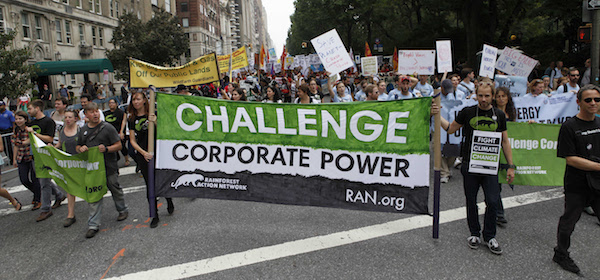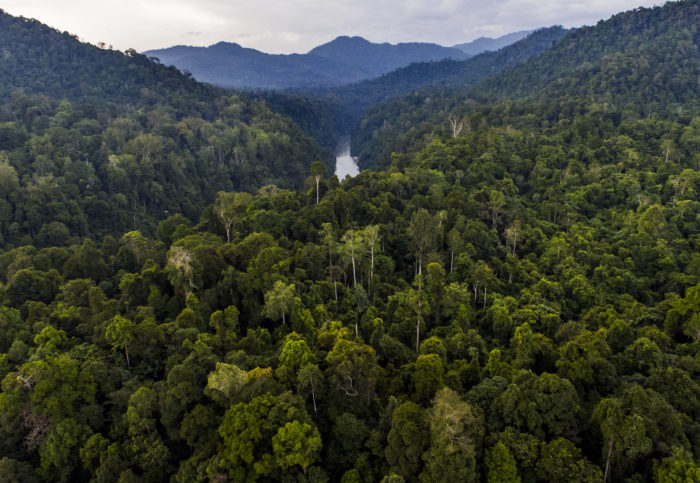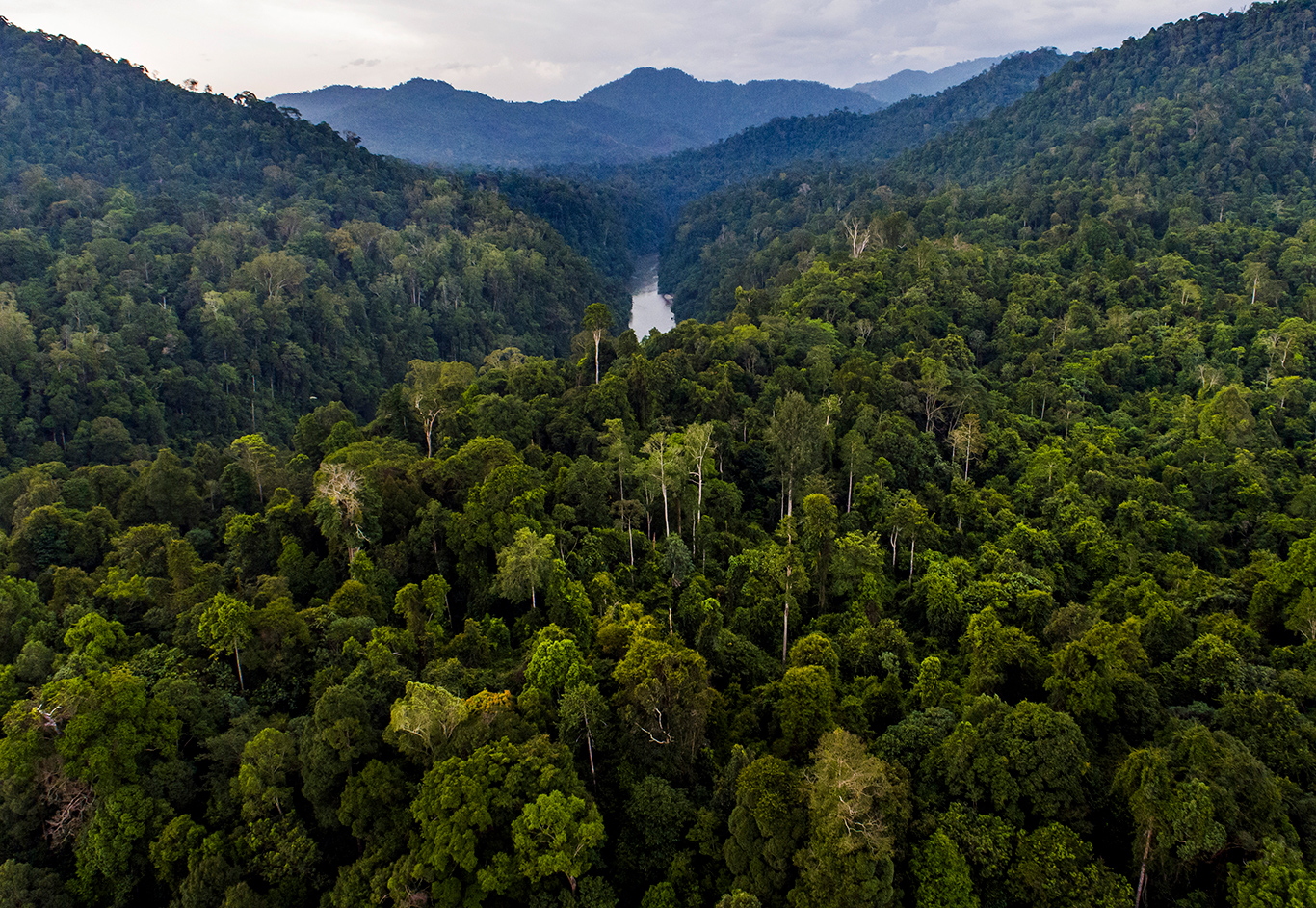In this moment of unease and uncertainty, Rainforest Action Network’s focus on challenging corporate power and protecting people and planet hasn’t changed. I feel it’s important to state that clearly because the headlines are telling us every day that this remains an urgent priority as the insatiable urge to protect corporate profits threatens our future.
At RAN, we fully recognize the global health and financial crisis created by the COVID-19 pandemic. And we know that, like the existential threat of climate change, these crises require unprecedented global action in solidarity with those most vulnerable.
We want to share a few of the ways RAN is moving forward in this moment to organize, mobilize and amplify the movement to prioritize people and planet as the globe responds to this crisis.

Financial Watchdog
The biggest government injection of capital in U.S. history is about to happen.
Big banks always do their best not to waste a crisis — and they have already been trying to use this as an opportunity to shirk their basic climate responsibilities. Just weeks ago, RAN released our latest Banking on Climate Change report revealing that banks have pumped more than 2.7 trillion dollars into the fossil-fuel industry since the end of the Paris talks in 2015. And still the finance industry is looking for a free pass.
So we’ve joined with others — including The People’s Bailout and the Stop The Money Pipeline coalition — to demand that this moment of economic disruption and recovery be used *not* to line the pockets of corporate CEOs but to protect workers and build a resilient green financial infrastructure that will serve as a stable foundation going forward.
The baseline demands of The People’s Bailout should be shared far and wide:
1. Health is the top priority, for all people, with no exceptions.
2. Economic relief should go directly to the people.
3. Workers and communities need support, not corporate executives.
4. Funds for a regenerative economy are needed to prevent future crises.
5. Our democratic process needs to be protected while we protect each other.
Supporting Each Other and Our Partners
The global effort to create mutual networks for those hardest hit by this crisis has been a cause for hope. It’s of course ongoing and desperately in need of support from all quarters. RAN gathered a list of sources for people to donate and to find support in our blog Taking Care of Each Other During a Crisis.
At this time, we are prioritizing providing flexible funding in response to the crisis to support critical frontline partners who have been hit hardest during this time through our small grants program. RAN has operated our small grants program since 1993, distributing more than 4.5 million dollars to frontline communities, Indigenous led organizations and allies.
Amplifying Nature’s Warning
“The separation of health and environmental policy is a dangerous delusion. Our health entirely depends on the climate and the other organisms we share the planet with,” -Aaron Bernstein, of the Harvard School of Public Health.
That message is echoed by the UN’s environment chief, Inger Andersen, who has said that 75% of all emerging infectious diseases come from wildlife.

“Never before have so many opportunities existed for pathogens to pass from wild and domestic animals to people,” said Andersen. “Our continued erosion of wild spaces has brought us uncomfortably close to animals and plants that harbour diseases that can jump to humans.”
There are very real connections between the crisis in our rainforests and this global pandemic. And in a very scientifically demonstrable way, the planet is sending us a clear and urgent message: Stop destroying forests. Stop climate change. Stop prioritizing profits over people.
At RAN, we are here to spread that message and continue the fight.
